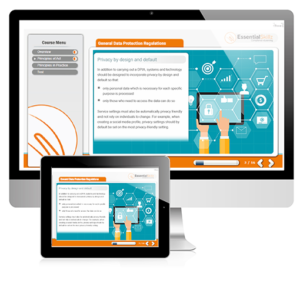An estimated 17,000 people in the UK suffer from permanent hearing damage due to noise at work.
Many employees, in various industries, are exposed to some degree of noise at work. However, if the noise is intrusive and people are having difficulty hearing what others say or have to shout to be heard and understood, it is likely that noise levels are too high and could be damaging to health. Exposure to long periods of loud noise and vibration can damage our senses and can severely affect both hearing and touch.
High levels of noise from machinery can permanently damage hearing over time and many workers are unaware of this impairment until it is too late. Employees working in factories, foundries or in environments such as airports and constructions sites are most at risk.
Noise hazards can lead to:
- Temporary/permanent hearing loss
- Tinnitus – a permanent ringing or buzzing in the ears
- Stress – aggravating levels of noise and hearing loss can affect people’s daily activities which can lead to stress and anxiety.
As employers, you have a duty under the Control of Noise at Work Regulations 2005, to protect the hearing of your workforce by managing noise levels.
What can employers do to protect their staff from noise at work?
By taking the following steps, employers can help protect their staff and the general public against the hazards of excessive noise:
- Conduct a Noise Assessment.
- Take steps to prevent or control the risks.
- Where possible eliminate exposure to noise at source.
- Control exposure to noise,
- Provide Personal Protective Equipment (PPE).
- Provide information and training.
- Regularly monitor and review the effectiveness of the measures.
 Training members of staff in your organisation will help to prevent or reduce risks to health and safety from exposure to noise at work.
Training members of staff in your organisation will help to prevent or reduce risks to health and safety from exposure to noise at work.
The Noise at Work eLearning course has been designed to make a significant contribution in providing information and training. The course describes what sound is, how it is measured, how the human ear works and the types of damage that certain levels of sound can have over different periods of time.
The course demonstrates how workers can identify the source of noise that could be potentially damaging and explores a range of cost-effective solutions that can be used to reduce noise exposure. A core element is an effective noise risk assessment, and the course provides detailed guidance on how to measure sound levels at different locations and estimate how long each worker is likely to be exposed to different noise. The online module also explores a hierarchy of controls – starting with eliminating or reducing noise – that can be used to manage potential risks.
Like all our courses, the Noise at Work eLearning course can be customised to meet your needs, enabling your workforce to understand the specific policies and procedures you have developed for your organisation. A designated course administrator can use the integrated authoring tool to edit the text and images of the course, and link to organisation-specific documentation, all at no extra cost.





 Training members of staff in your organisation will help to
Training members of staff in your organisation will help to